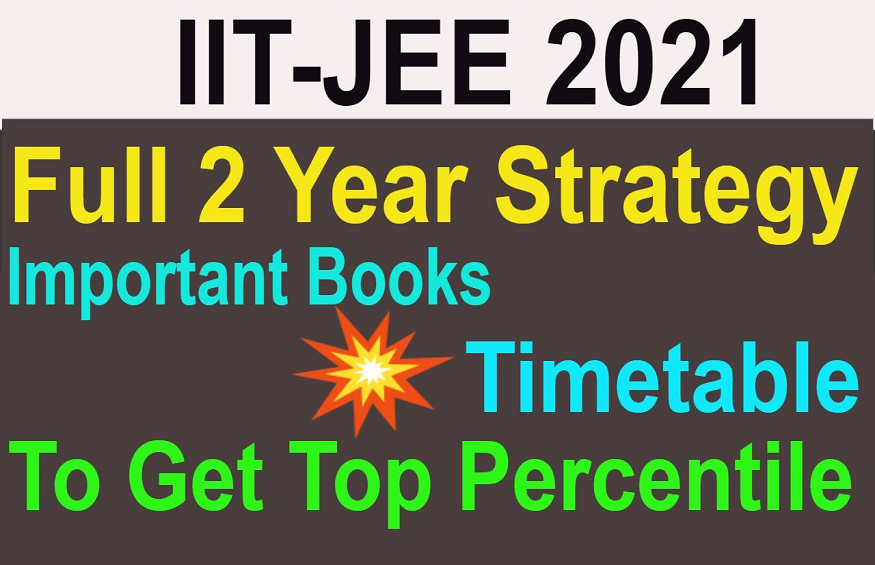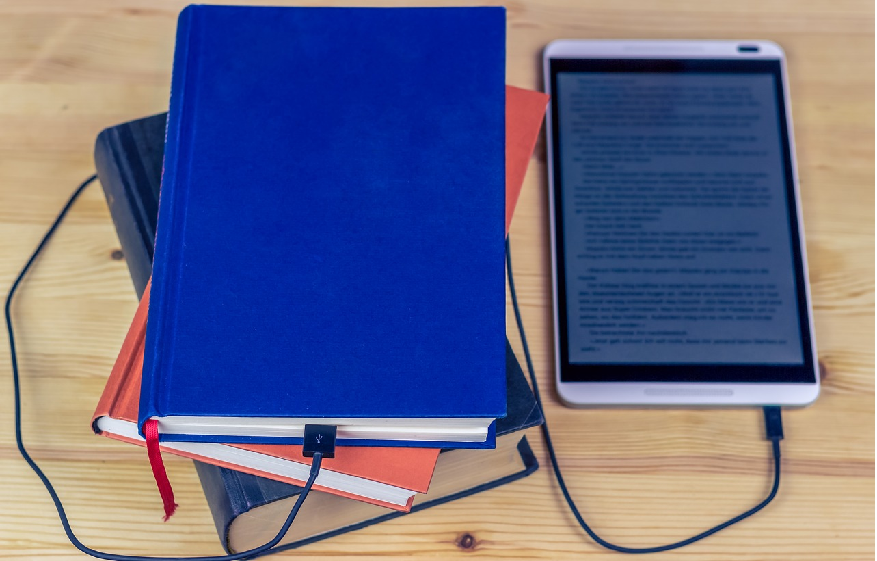Best Strategies to Prepare for Inorganic Chemistry in IIT JEE Main
Inorganic Chemistry is the branch of chemistry that deals with the study of elements, their classification and trends in chemical and physical properties. This topic majorly revolves around the study of numerous inorganic compounds, properties of these compounds and reactions with other compounds.
Chemistry can turn out to be your best companion when it comes to achieving a good score. Out of all the three subjects, Chemistry occupies 33% in JEE Main exam. In JEE Main, 30% easy questions are asked, 60% questions belong to medium level and the remaining 10% questions are tough. Every subject and topic are important to score good marks in JEE Main and no topic should be left unturned for any reason.
Scoring good marks in Inorganic Chemistry is not easy but you can try by adopting a well-planned structure and following some important tips and strategies.
Chemistry for IIT/JEE
Chemistry paper is divided into three categories:
- Organic Chemistry
- Inorganic Chemistry
- Physical Chemistry
After analysing of JEE Main previous year question papers, we provide you with unit-wise weightage of these categories. Physical Chemistry roughly takes 35.6% while Inorganic Chemistry occupies 29.7% and Organic Chemistry 34.7%.
Now, let’s divert our attention towards Inorganic Chemistry.
How to start your preparation for JEE/IIT -Inorganic Chemistry
The best strategies for preparing Inorganic Chemistry involves taking complete charge of the syllabus, important topics, weightage of the topics, Inorganic Chemistry study material and recommended tips and tricks to score well in the subject. Let’s start with syllabus, weightage and number of questions asked from that topic.
Here is the tabulated form of syllabus, weightage and number of questions from Inorganic Chemistry:
| Topics | Weightage (in%) | Number of Questions |
| Chemical Bonding and Molecular Structure | 7.33 | 03 |
| Classification of Elements and Periodicity in Properties | 3.00 | 01 |
| Coordination Compounds | 5.00 | 02 |
| P-Block Elements | 5.67 | 02 |
| D-F Block Elements | 8.33 | 01 |
| Hydrogen and S Block Elements | 4.33 | 01 |
Important Topics for Inorganic Chemistry
The most important topics from the chapters of Inorganic Chemistry are:
Chemical Bonding and Molecular Structure
- Molecular Orbital Theory.
- VSEPR Theory.
- Valence bond theory and Hybridization.
- Ionic and Covalent Bonding and Bond parameters.
Coordination Compounds
- Werner’s theory, Valence bond theory and Crystal Field Theory.
- IUPAC Nomenclature and Isomerism of Coordination Compounds
Extraction of Metals
- Thermodynamics and Electrochemical principles of metallurgy
- Processes of extraction of Metals from their ores.
Classification of Elements
- Periodic Trends in Properties of Elements.
- Modern Periodic Table
D and F Block Elements
- Important Compounds of Transition Elements.
- General trends in Physical and Chemical Properties of Transition Elements
Hydrogen and S Block Elements
- Important Compounds of S Block Elements
- General Characteristics of Compounds of S Block Elements
- Hydrides
- Water and Hydrogen peroxide
- Anomalous Properties of the First Element
Practical Chemistry
- Chemical Principles involved in Qualitative Salt Analysis
- Qualitative and Quantitative analysis of Organic Compounds
- Acids and Bases uses of Indicators
P-Block Elements
- Important Compounds of Halogens and their properties
- Important Compounds of Boron, Carbon and Silicon.
- General Trends in the Properties of Compounds of P block Elements.
- General Trends in Physical and Chemical Properties of Elements.
Best Strategies to prepare best for Inorganic Chemistry
The best and useful way to study Inorganic Chemistry is to start your preparation from an early stage. Understand the concepts and follow some recommended tips and strategies to score well in the subject. These are:
1. The importance of Periodic Table
Being the base of Inorganic Chemistry, one should develop some interesting and fruitful ways to learn the position and properties of the elements. You can take help by crafting a flowchart or concept map to grasp the trends in properties.
2. Learn chemical reactions
The scoring and easy topic if you get the best hold of the reactions. Try to understand this topic by translating a word equation into the chemical equation in terms of chemical formula. Practice the chemical reactions by balancing your reactions and writing down the formulas.
3. Understand the Analytical Chemistry
This is the simplest topic as you will gain the best knowledge of this topic by performing practical’s in a lab.
4. Study Metallurgy
Try to understand all the metallurgy operations and their applications and then study individual elements. The best approach to study this topic by making flow charts and following it properly. Do not mug up anything on this topic else it will become difficult for you to understand.
5. Read Coordination Compounds thoroughly
This topic requires practising a lot. Sub-topic like Isomerism can be understood properly by practising on regular basis.
6. Choose the best study material
In this context, NCERT Books is the best saviour. You can get in-depth knowledge of the subject by reading each word from NCERT Books. After completing with NCERT, you can move ahead with Inorganic Chemistry books like:
- Inorganic Chemistry for competitions JEE – DR. O.P Tandon (has a good collection of problems)
- Concise Inorganic Chemistry -J. D Lee (provide a good understanding of concepts)
7. Study systematically and make your own notes
Pick topics one by one and finish them. Do not try to jump over the topics quickly and revise them on regular basis. Self-made Inorganic Chemistry notes are very important as that will improve the understanding of the topic and can be easily accessed at the time of revision.
8. Revise and practice
Inorganic Chemistry demands regular revision. Revise topics on every weekend so that equations will start to set in your mind. Get a complete idea of questions exam by practising previous year question paper. Analyse your weak and strong points and boost your confidence by taking Inorganic Chemistry quizzes, mock test and previous year question papers.
We have gathered the best of the tips and trips for you prepare best for Inorganic Chemistry. Follow these tips and focus on important chapters so that you can ace in JEE Main and JEE Advance.
Don’t forget to download JEE Main app. It provides free study material, quizzes, mock test, previous year papers, and all the updates related JEE Main exam



